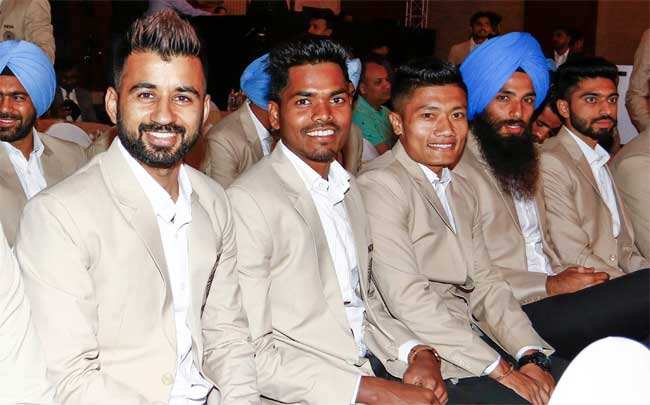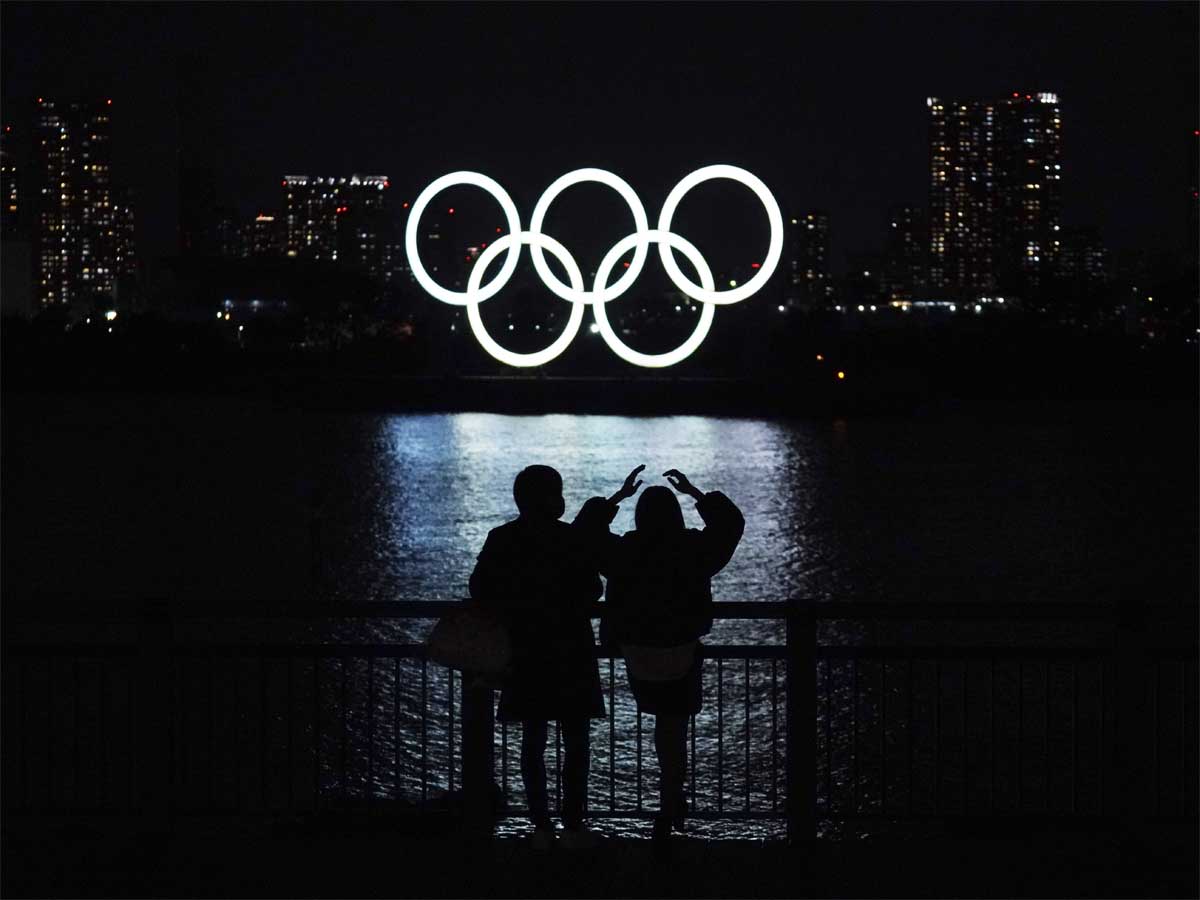Hockey India: Indian men’s hockey team could have ended ‘camp life’ with Australia or New Zealand tour: Ric Charlesworth | Hockey News – Times of India
The Indian men’s team ended 2020 with their best ever world ranking of No. 4, but the last time they played an international fixture was on February 22 last year when Australia visited India for the FIH Pro League fixture in Bhubaneswar. Since then, the team has largely been in national camps with a couple of breaks in between.
HI made an effort to get its teams back in the groove. As a result, the women’s team travelled to Argentina last month. But the men haven’t been able to hit the international pitch since the pandemic struck.
That practically means the men’s team will now only resume with their rescheduled Pro League fixture away in Argentina on April 10-11.
“I thought Australia and New Zealand, where the disease was controlled, made more sense,” said former Australia coach Charlesworth in a conversation with Timesofindia.com.
“With one quarantine period, they could have spent time in Australia and both nations would have benefitted.”
Attempts to get a response from HI on the current situation remained futile.
(Ric Charlesworth had a stint with hockey in India as the technical director – TOI Photo)
THE ROAD AHEAD
When the International Hockey Federation (FIH) announced new dates of the Pro League last July , India’s name didn’t feature in the re-worked calendar for 2020.
The tournament resumed on September 22 last year, but India are scheduled to return only in April this year. At that time, Timesofindia.com had quizzed the FIH specifically about that.
In its reply, the FIH had said: “India’s preference was to combine all three European away matches (ties) in a single trip without being away for too long.”
Charlesworth said India could have looked at Oceania in that case.
“I believe teams needed to take every opportunity to play internationally over the last six months. Europe was probably too difficult because of the depth of the disease…hence my preference for Australia,” said Charlesworth, who also played first-class cricket for Western Australia in the 1970s.

(Indian players at the 2019 Hockey India Awards function – HI Photo)
INDIA CAN HANDLE BIO-BUBBLES
After visiting Argentina in April, India will fly to the European continent for ties against Great Britain (May 8-9), Spain (May 12-13) and Germany (May 18-19) before returning home to host New Zealand (May 29-30).
Going by that schedule, Charlesworth was of the view that the Indian teams are better equipped to handle bio-bubbles because of their “camp life”.
“I think such bubbles are very difficult in the long term, yet India may handle it better as they are used to ‘camp-life’,” said Charlesworth, who served as technical director for hockey in India before his brief association ended in 2008.
“I think many months in isolation can lead to staleness, boredom, frustration and disillusionment. In Perth, the Australian players have been lucky to have ‘normal’ conditions. What they lacked is the travel and competition but within Perth, there has been no cover and therefore normal living conditions,” he further told TimesofIndia.com.
India could be in that longish bio-bubble in May when they play eight Pro League matches in 23 days, between May 8 and May 30, in four different countries — three in Europe and one at home.

(The postponed Tokyo Olympic are scheduled for July-August this year – Getty Images)
THE OLYMPICS
Does all the above combined make the Olympics in Tokyo a more open field? Charlesworth said “may be”, while adding that the cancellation of the Olympics will be a big blow to players’ ambitions.
“It (Olympics) may be more open and certainly new players will continue to emerge. I hope the players will get their opportunity in Tokyo. In my life, the greatest disappointment was the failure to compete in Moscow (1980),” the 69-year-old said.
The rescheduled Olympics, if played, will be amid a lot of Covid-19 restrictions, which, according to Charlesworth, could turn out to be the difference between the teams in Tokyo.
“It has been a difficult year for many reasons, but we will get through it and the team that navigates the difficulties best will probably succeed at the next big competition, be it the Olympics or the World Cup.”



